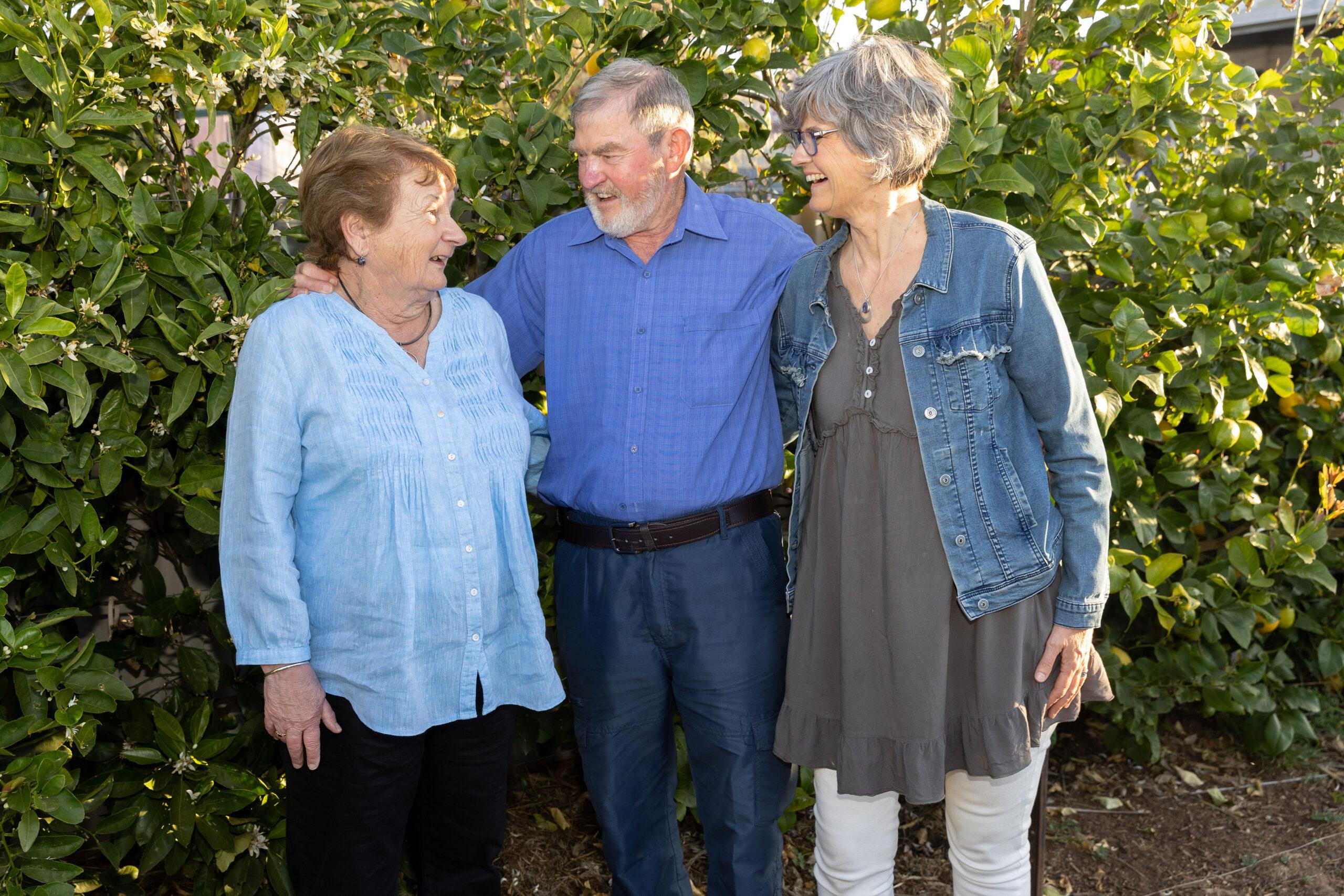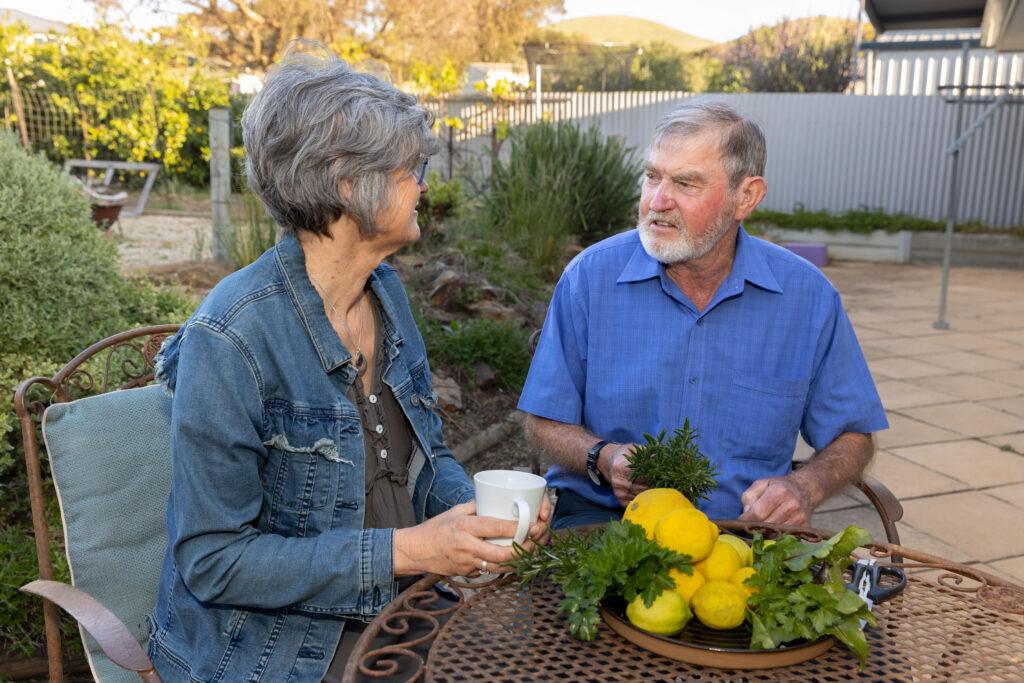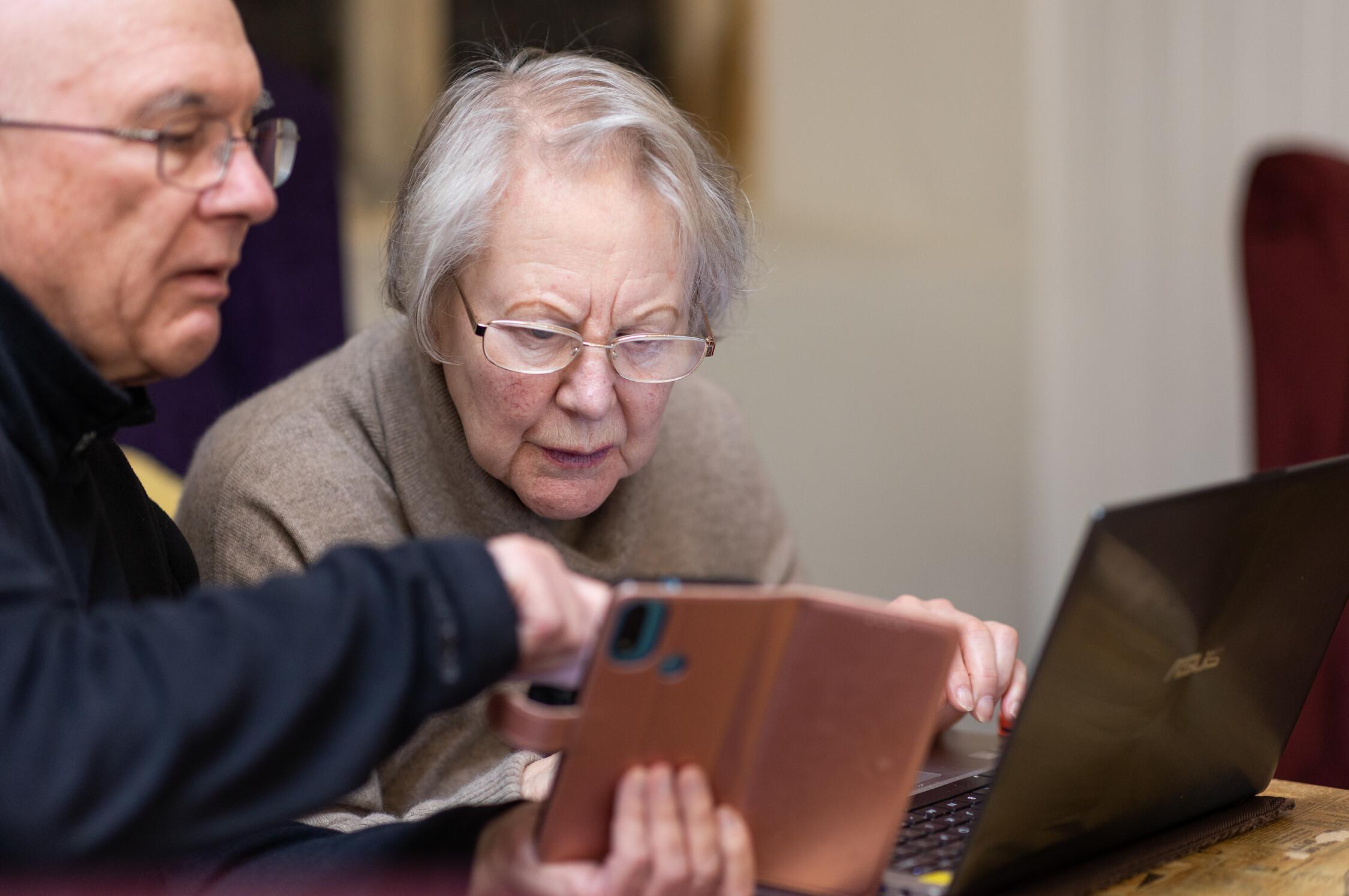Dementia doesn’t have to define you – Teresa’s story
Many thanks to Teresa Moran and ACH Group for sharing this story with Face Dementia.

Teresa Moran is a Learning and Development Business Partner at ACH Group. Teresa has played a pivotal role in the design and implementation of a variety of new service initiatives, staff education, and innovative models of care at ACH Group to support residents and customers living with dementia and their supporters.
This story initially appeared in the ACH Group Good Lives Newsletter.
Teresa’s story
As a human services professional with a career spanning more than 28 years, I have devoted the last 18 years of supporting people living with dementia, and their supporters and family members. However, it was the personal experience of my father’s diagnosis that has cemented my learnings and further instilled my profound respect for those living with and alongside dementia.
My Dad, Bob, was born in 1946 and was raised on a farm near Adelaide, leaving home at 15 to join the Royal Australian Navy. He served for 20 years as a marine engineer, retiring as a Warrant Officer. He married at 21 and I came along not long after. As a father, he has always provided unwavering support and guidance, emphasising the importance of education while instilling a love for nature and environmental care. He has always been busy, active, and able to turn his hand to just about anything, managing a successful vineyard, constructing his own almond-cracking plant, and maintaining viticulture machinery in his workshop.
Things started to change in September 2020 when my mum, Carol, and I began to notice significant changes in Dad’s memory and thinking. The variety and severity of changes progressed to difficulty with word-finding ability, frequently losing things, and reduced ability to undertake daily activities.
After a few unhelpful GP visits followed by two significant falls, I finally facilitated a referral to a dementia specialist GP who confirmed what we suspected: a diagnosis of dementia.
We adopted a reablement approach to Dad’s diagnosis, supported by his pragmatic perspective of ‘I’ve got it so I might as well live with it and take it in my stride.’ This approach required individualised support from allied health professionals including a psychologist, occupational therapist, and exercise physiologist. After scans from a geriatrician confirmed the dementia was Alzheimer’s disease, Dad was prescribed a trial memory medication to support his cognition. I assisted Mum and Dad in obtaining a referral to My Aged Care, which provided the necessary funding for physical activity, social engagement, domestic and IT support.
Equipped with a diagnosis and a network of support, Mum and Dad made various adjustments to their life routine which included the continuation of weekly croquet, choir, gym sessions, as well as attending a dementia social group. Dad has strategies to navigate social encounters and a repertoire of ‘dad jokes’ to lighten such situations. He admirably made the decision to be open about his diagnosis with his family and friends, hoping that it could educate others in understanding this disease and help provide the necessary support and understanding he requires.
I can’t help but admire my dad for accepting his diagnosis and for Mum and Dad’s resilience to forge a new path forward. Their experience to date has further reinforced that with a proactive approach, a caring support team, and some good advocacy, people with dementia can live beyond their diagnosis. In his own words: ‘Dementia does not have to define me.’
My advice for others on a similar path is to seek out whatever advice and assistance you can. Dementia Australia’s helpline offers excellent support for navigating the early stages of diagnosis, whilst websites like Dementia Australia and Forward with Dementia offer fantastic written information about a reablement approach and additional support.

Read more stories about getting a dementia diagnosis. For digital stories, visit the Face Dementia YouTube Channel.



